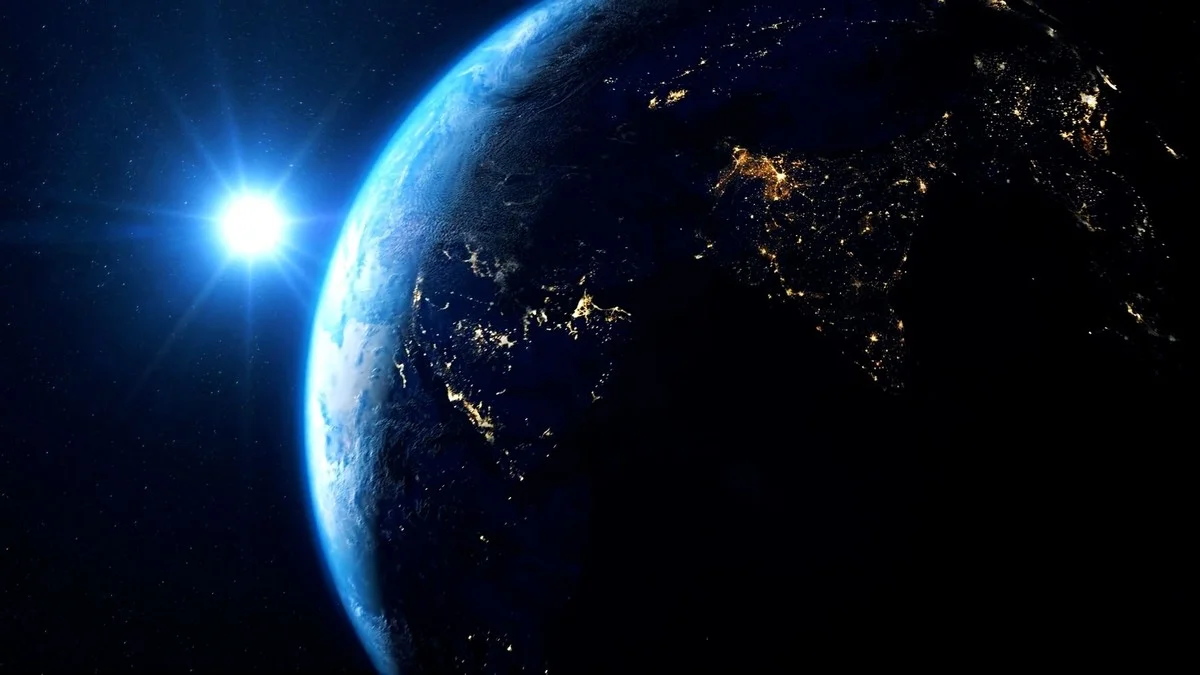04/02/2025
04/02/2025

VIENNA, Feb 4: Kuwait expressed its strong commitment to enhancing its role in the space sector and maximizing the benefits of space services during its participation in the 62nd session of the Scientific and Technical Subcommittee of the United Nations Committee on the Peaceful Uses of Outer Space (COPUOS).
This year’s participation marked a significant milestone for Kuwait, as it introduced a new technical dimension to its involvement. Dr. Hala Al-Jassar, representing the Kuwait National Space Research Center (Kuwait-NSRC), was part of the Kuwaiti delegation. This was the center’s inaugural participation in COPUOS following its establishment in September 2024 under the leadership of His Highness the Amir Sheikh Meshal Al-Ahmad Al-Jaber Al-Sabah.
In her address, Dr. Al-Jassar highlighted Kuwait's longstanding history in space exploration, noting that the country’s active engagement in the field dates back to 1963 when it joined the International Telecommunication Union Conference. Kuwait’s space journey continued with the establishment of the first space communications station, Umm Al-Aish, in 1969, and the launch of the Kuwait Sat-1 satellite in 2023.
Dr. Al-Jassar emphasized Kuwait's commitment to international space agreements, including its signing of the 1967 Outer Space Treaty and related accords in the 1970s. She also pointed out Kuwait’s accession to the United Nations Moon Treaty and the Registration Agreement in 2014. Additionally, Kuwait became a member of COPUOS’s Scientific and Technical Subcommittee in 2021, further strengthening its involvement in space governance.
Dr. Al-Jassar also discussed Kuwait’s advancements in space research, particularly in the development of remote sensing technologies through satellites. Research efforts in environmental and climate monitoring have been ongoing since the late 1980s, with findings published in numerous scientific journals. She also outlined the work of Kuwait University in the national project for the country’s first satellite, Kuwait Sat-1, launched into orbit in January 2023. The project, which received support from the Kuwait Foundation for the Advancement of Sciences (KFAS), is designed to train young professionals in the design, assembly, and testing of nanosatellites.
Reaffirming Kuwait’s dedication to international space cooperation, Dr. Al-Jassar expressed the country's desire to further strengthen scientific and technical partnerships to foster innovation and progress in the sector.
The 62nd session of COPUOS is being held at the United Nations headquarters in Vienna until February 14. Key topics on the agenda include the long-term sustainability of space activities, remote sensing, space weather, space debris, and the role of space technology in enhancing global health. These annual meetings aim to promote international collaboration and ensure the peaceful and sustainable use of outer space.


